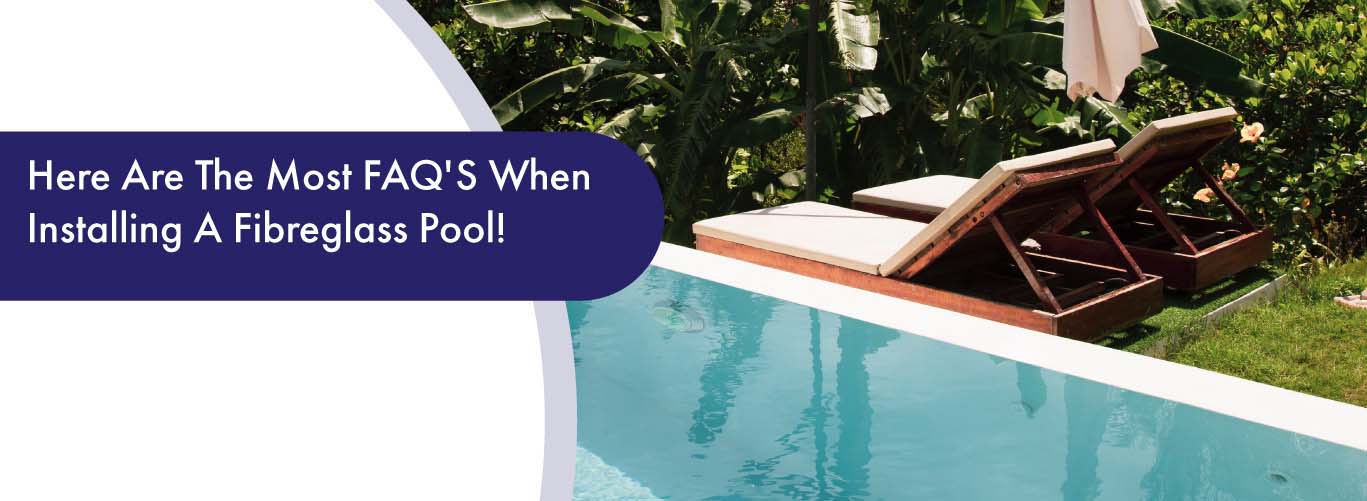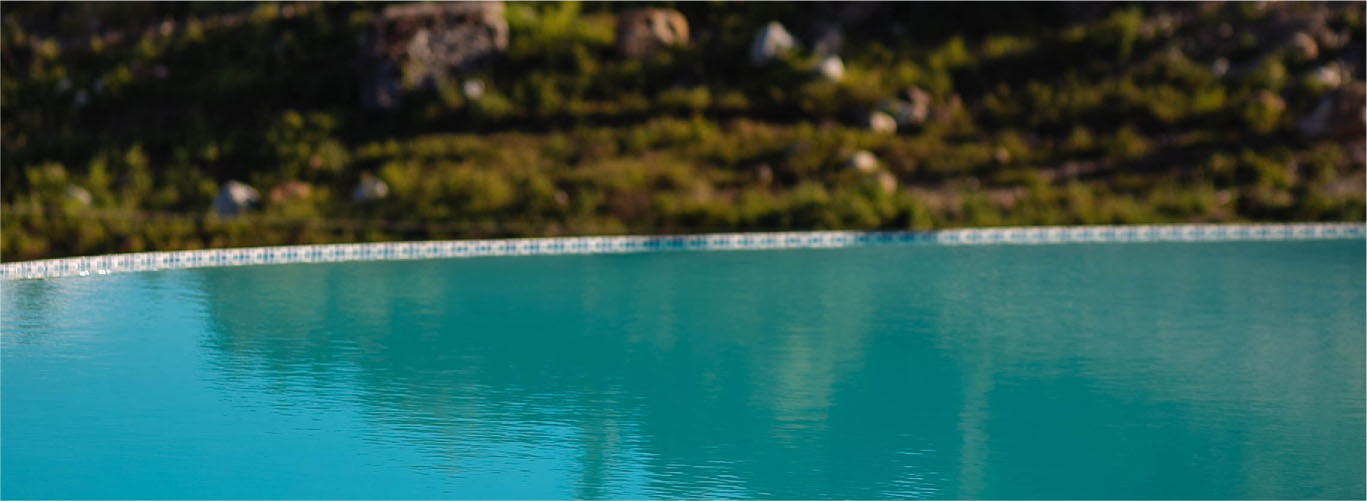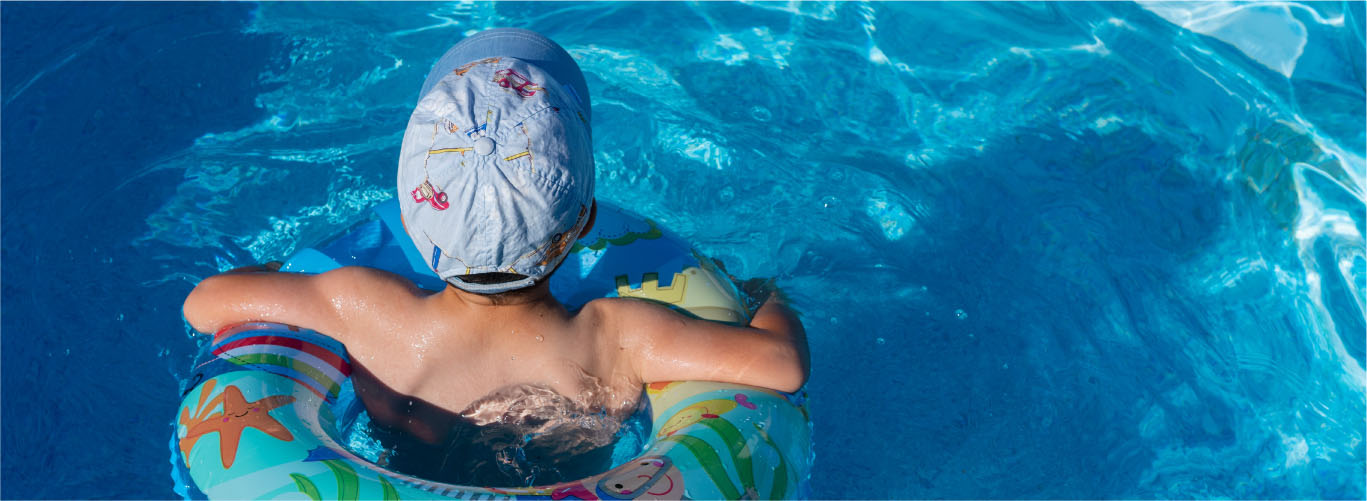Here Are The Most FAQ'S When Installing A Fibreglass Pool!
For a long time, in-ground swimming pools used to be exclusively made from concrete. However, with the time and costs involved in the installation of concrete pools being so high and taking so long, the pressure for a different construction material to concrete increased. This is when fibreglass emerged. If you are currently looking at installing a fibreglass swimming pool, and all the expenses and information that go with adding a pool in your backyard, check out these frequently asked questions below!

Standard FAQ's
1. How much do fibreglass pools cost, and how are they installed?
The costs of a fibreglass pool and the installation will vary from property to property as the backyard dimensions will be different. Along with the other factors like accessing the backyard, if there are rocks, trees, or boulders to be removed, and of course, which size pool is set to be installed. On average, the initial costs for installation of a fibreglass pool would be in the range between $45,000 – $85,000 AUD.
The installation process should be performed by professional pool installers to install the fibreglass pool: Firstly you will need to discuss with them about council approvals and meeting the regulations. If you choose an experienced pool builder, they should be able to do most of this work for you. Once approved, the team will organise soil excavation and then setting the pool and levelling it. Next, they will install the pool’s plumbing and filter systems and backfill the pool shell and fill the pool with water. Lastly the finishing touches are the patio and coping and the pool fence.
Throughout the installation process, your professional pool builders should also keep an eye out for potential bulges, leaks, separation, and settling. Keep in mind, a fibreglass from Barrier Reef Pools has a lifetime guarantee.
2. How are the installation charges of fibreglass pools different from other pools?
The 3 most popular materials for swimming pools are concrete, vinyl liner, and fibreglass. In comparison to the $45,000 – $85,000 that you’d have to initially invest in a fibreglass pool, the costs of installing a concrete pool would be between $50,000 – $100,000 and vinyl liner pools would be in the range of $25,000 – $40,000.

3. I have a smaller budget- should I consider a vinyl liner pool?
While vinyl liner pools are a fair bit cheaper than concrete and fibreglass pools to install, they do encounter issues which will require you to spend more money down the track. Vinyl liner pools are more susceptible to algae growth and infestations, which means you will need to spend more money on chemicals and more time on maintenance and cleaning. Also the vinyl liner must be replaced every 5-10 years, with warranties stated by liner manufacturers being a bit questionable.
4. How fast can my fibreglass pool be installed?
Fibreglass pools are the quickest to install. Depending on the excavation work that needs to be done, your installation typically could take around 3 – 6 weeks. Vinyl liner pools generally take up to 2 months, and concrete pool installations are a fair bit longer, generally taking 3 – 6 months to finalise.
5. Are Fibreglass Pools durable?
Fibreglass pools are incredibly durable. You can expect the pool structure itself to last more than 50 years! The gelcoat surfaces will also last several decades before you need to refinish or replace them. Check with the pool manufacturer, as some will offer lifetime structural warranties.
6. Can I design a custom Fibreglass Pool ?
Whilst homeowners can have some input in the fibreglass pool customization to some extent, there aren’t as many options as there are for concrete and vinyl liner pools. The simple fact is that fibreglass pools are constructed from existing moulds. The most popular fibreglass pool shapes are, rectangular, rectangular with arched ends, referred to as ‘roman’, kidney, and freeform, which is more of a lagoon style.
There are some size restrictions when it comes to fibreglass pools. The pools have to be delivered by trucks to the site, so you can’t have a pool that measures more than 16 x 40 ft. The smallest fibreglass pool is 10 x 20 ft., which is ideal for small yards.
Whilst there are certain restrictions in the designing phase, you can still add a personal touch to your pool by customising the gelcoat colour, the tiles and inlays and the patio materials. You can also add in water features such as deck jets, cascades, and natural waterfalls to really amplify your space.

7. Fibreglass pools maintenance VS concrete pools maintenance?
Fibreglass pools are incredibly easy and affordable to keep clean and maintain compared to concrete and vinyl liner pools. The reason is that fibreglass pools stay algae-free because of the gelcoat. There are no cavities or porous areas. Which also means chemicals don’t need to be added to the water regularly. This reduces expenses and increases safety at the same time. Also there is a lower requirement for use of the filter pump. Only one circulation daily should be enough to remove the dirt and debris in the pool, which will guarantee energy bill savings too.
8. What warranty is provided on Fibreglass Pools?
In most cases there are two warranties which are provided to customers by fibreglass pool manufacturers:
- Structural warranty that covers the entire pool shell structure
- Gelcoat warranty that covers the entire surface of the gelcoat
Remember to ask the following warranty-related queries to fibreglass pool manufacturers before finalising your purchase:
- For how long will the warranty cover my pool?
- What are the exact aspects and features of the pool covered by the warranty?
- Can the warranty be transferred or is it non-transferrable?
- Is there anything excluded from the warranty?
9. I've read that fibreglass Pools fade. Is this true?
Yes, fibreglass pools can fade, however if you ensure proper care and maintenance of your swimming pool, the gelcoat surfaces’ life expectancy and appearances will remain intact longer. Even as they start fading, it will be an extremely gradual process.
If you are still undecided with which construction material to choose you should get in touch with your local professional pool installers and consult with them about the benefits and challenges of each option specific to your backyard. Ultimately, if you don’t want to go overboard with your initial and ongoing pool-related expenses and want your pool to last a long time, then there is no better option than a fibreglass pool. Please reach out to the friendly team at Fibreglass Pools Melbourne so we can better assist and tailor some advice specific to your situation.
